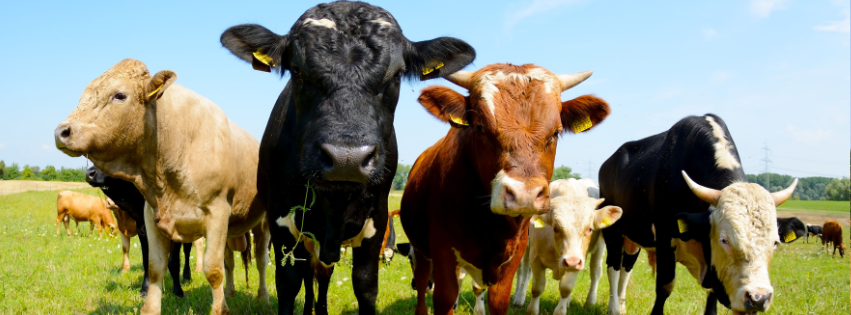The concept of an "animal farming season" typically refers to specific times of the year when various tasks related to animal farming are particularly active or significant. Different regions and types of farming may have varying seasons based on factors such as climate, breeding cycles, and agricultural practices.
Here's an overview of animal farming seasons for common types of livestock:
-
Spring:
- Lambing and Kidding Season: Spring is often the time when sheep and goats give birth to their young, known as lambs and kids respectively. Farmers may need to provide extra care and attention to ensure the health and well-being of newborns.
- Calving Season: For cattle farmers, spring may also coincide with calving season, when cows give birth to calves. Farmers must monitor calving closely and assist with difficult births if necessary.
-
Summer:
- Grazing Season: In many regions, summer is the primary grazing season when pastures are lush and abundant. Farmers may rotate livestock to different paddocks to optimize grazing and manage pasture health.
- Weaning: Depending on the timing of births, summer may also be the season for weaning young animals from their mothers. Farmers may separate calves, lambs, or kids to begin transitioning them to solid feed and independent living.
-
Autumn:
- Harvesting: Fall is often associated with harvesting crops such as corn, soybeans, and hay, which are important feed sources for livestock during the winter months.
- Breeding Season: Some livestock species, such as cattle and sheep, have breeding seasons in the fall. Farmers may introduce breeding stock to initiate mating and plan for next year's offspring.
-
Winter:
- Winter Feeding: In colder climates, winter is a critical time for providing adequate feed and shelter to livestock. Farmers may need to supplement grazing with stored hay, silage, or grain to meet animals' nutritional needs.
- Monitoring Health: Winter can also present challenges related to animal health, including issues such as frostbite, respiratory infections, and dehydration. Farmers must monitor animals closely and take precautions to prevent cold-related illnesses.
It's important to note that the timing and specific tasks associated with animal farming seasons can vary depending on factors such as geographic location, farm size, and management practices. Additionally, advancements in technology and agricultural practices may allow farmers to manage certain tasks more flexibly throughout the year.


